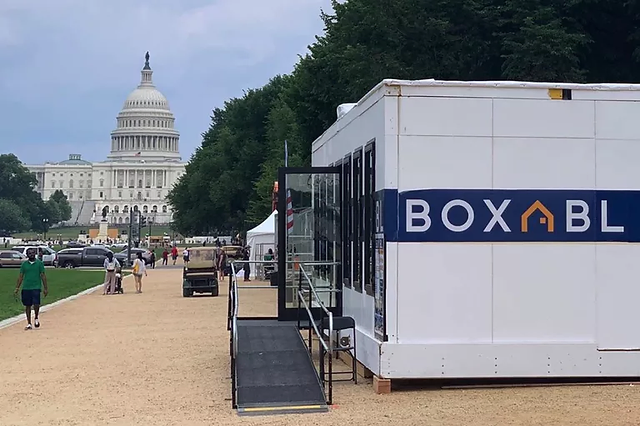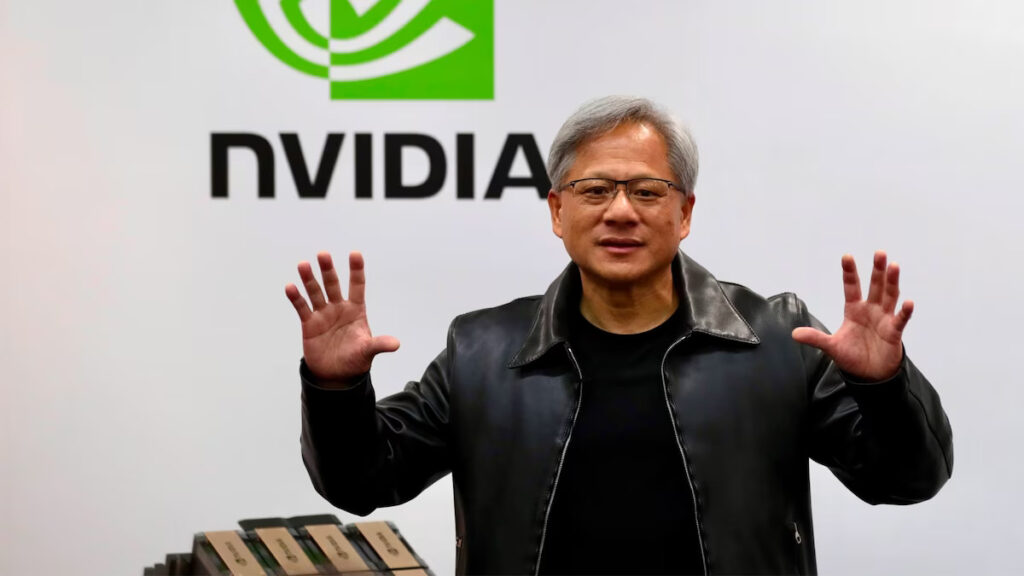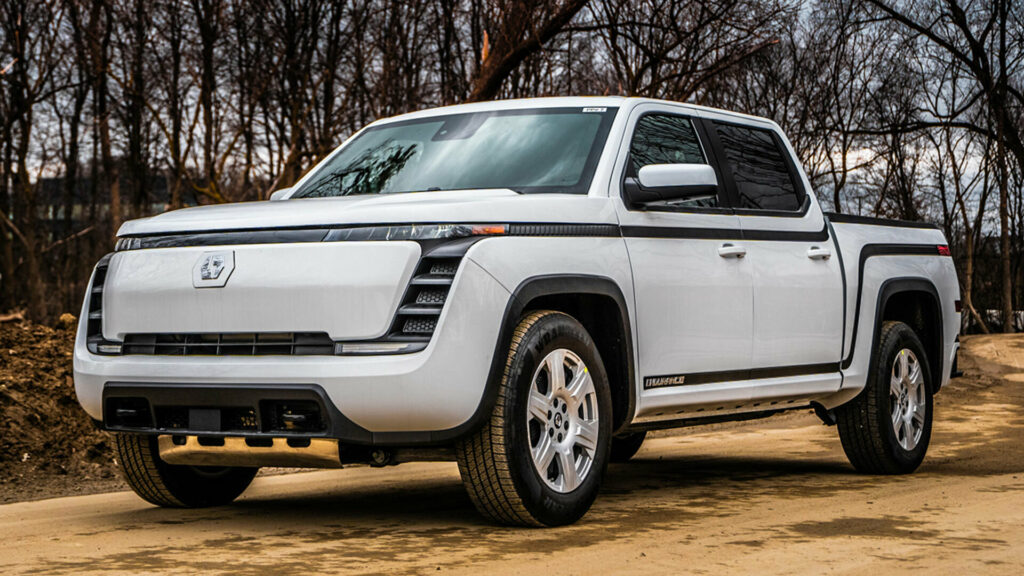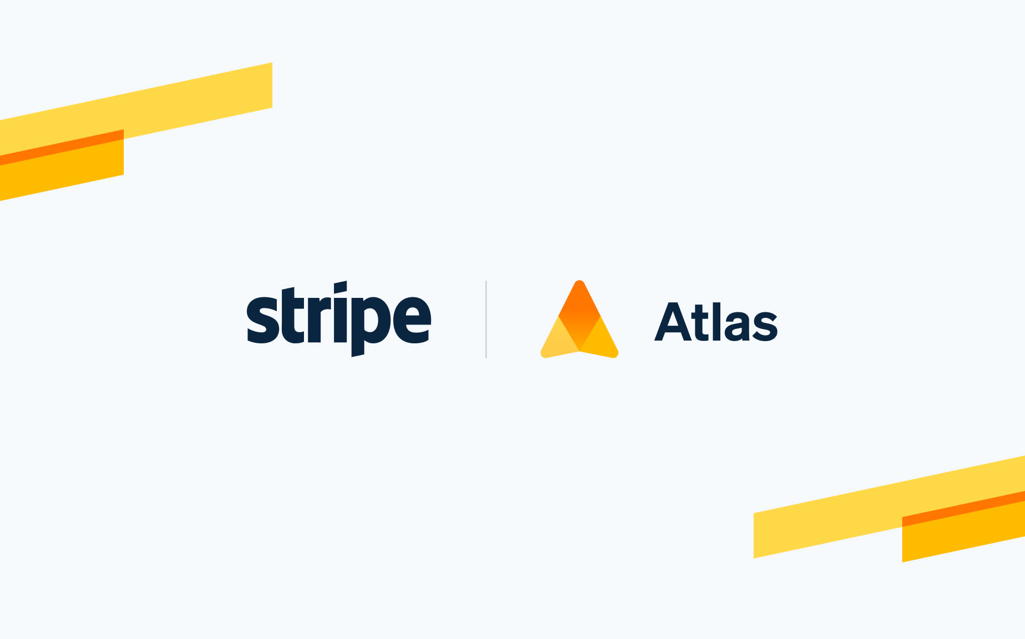It was recently announced that Freeport MacMoRan, a $60 billion copper mining company and one of Arizona’s largest employers, has purchased 176 homes from Boxabl, a privately held startup based in Las Vegas that is factory-building affordable and easily transported homes.
Demand for Boxabl’s cheapest Casita model homes has grown to the point where the company stands to make over $10 billion once all orders have been fulfilled. Boxabl was founded in 2017 by engineer Kyle Denman and his father and son, Paolo and Galiano Tiramani, to produce foldable homes that could be shipped anywhere in the world and assembled in as little as an hour.


The Casita model expands to 375 square feet, with a kitchen, bathroom, bedroom, and living area. Because the units are modular, they can be stacked to make taller buildings or connected to make more extensive floor plans on the ground level.
At the 2019 International Builders Show, the company debuted its revolutionary product, which attracted a lot of attention thanks to its origami-like construction and surprisingly low $60,000 price tag. The Casita became popular very quickly, and the company got the money it needed to start making the homes.
Boxabl is planning to invest about $1 billion to construct a third manufacturing facility. The building is meant to be “the world’s most advanced housing factory.” Thanks to its extensive use of automation, it will be able to make one finished modular home every five minutes.
Zain Jaffer, whose mobile advertising company Vungle was bought by Blackstone in 2019 for $750 million, is one of the most well-known people who back Boxabl. D.R. Horton, the largest homebuilder in the United States, is another example; they made a strategic investment in Boxabl and purchased 100 of their foldable homes. Boxabl has also raised money through crowdfunding sites like StartEngine, Republic, and Wefunder.
But most of Boxabl’s money comes from customers who find out about the company online and buy its innovative product. “Try to get some attention.” Gather information. “Market to potential customers.” The co-founder of Boxabl, Galiano Tiramani, says that this recipe has attracted more than 40,000 investors and led to tens of thousands of orders for foldable homes. According to Tiramani, “This is a very unusual way to fund a company, and we set records doing it.”
Even though there is now a significant backlog for Boxabl’s Casita, the startup was able to fulfill a $9.2 million contract with the US Department of Defense. The Casita is perfect for military deployment or other emergency situations like disaster relief because it can be put together quickly and is both very light and very strong. Both the inside and outside of these foldable homes are made of fire-resistant materials that won’t catch on fire. This makes them safe even if a hurricane comes through.
Despite the fact that the Casita’s one-of-a-kind build makes it perfect for niche uses, Boxabl aspires to appeal to a wider audience with its merchandise. One of the company’s stated goals is “to make it much cheaper for everyone to own a home.” Boxabl may not be able to please everyone in a market where real estate prices have risen beyond the reach of average consumers, but at least 160,000 people are willing to wait for them to try.




